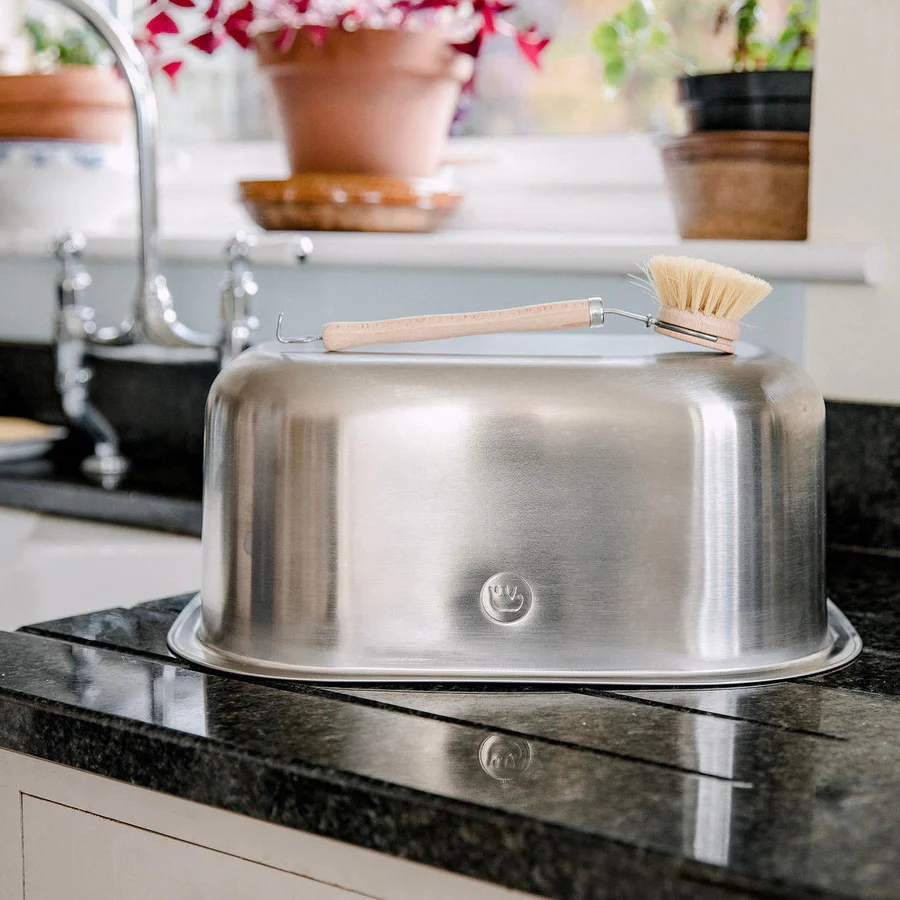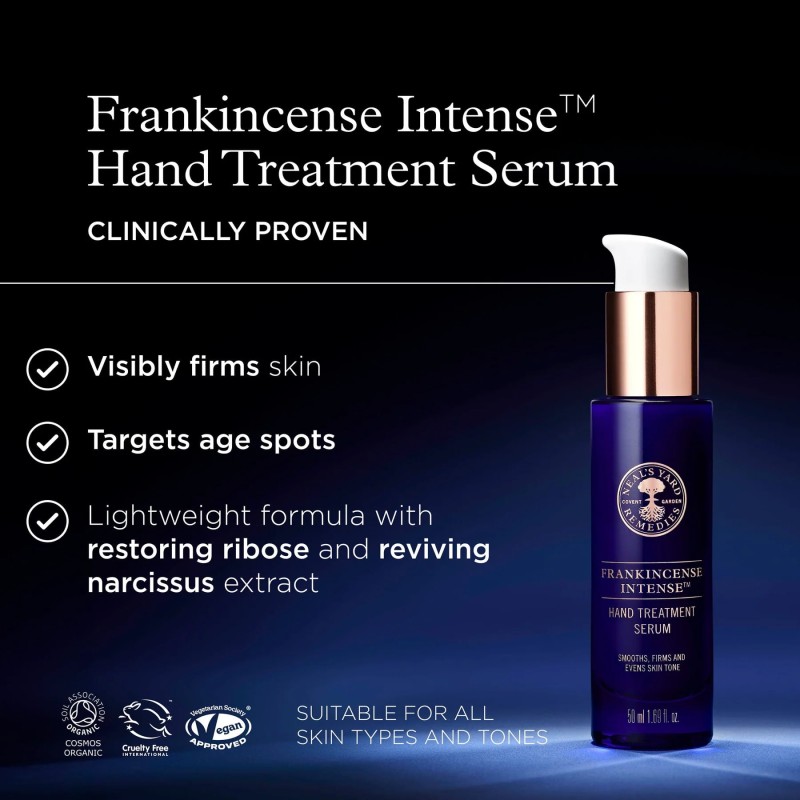Simple NHS Guidance for Better Health

NHS costs are soaring. But most conditions that cost the NHS money are ones that often can be prevented through better diet, exercise and better living standards: heart disease, cancer, diabetes, dementia,
Parkinson’s (the main reason is already known: a farming chemical that the government won’t ban).
And offering plant-based foods in hospitals would help.
People will always get ill and die. But often if councils created walkable communities with green parks, and made it easy for people to access organic plant-based foods, many diseases would not exist.
We live in a society where older people are now lonely and bored. So of course many get dementia, even if they had active brains before (like any muscle, if you don’t use it, you lose it).
Cancer is not just caused by smoking and the midday sun. It’s also caused by air pollution, water pollution and chemicals on fruits and vegetables, and in our beauty, laundry and cleaning products.
If people have free social care, then loved ones would not exhausted and poverty-stricken, to care for their parents, grandparents or children, in times of illness.
If benefits were fairer, then people would be able to go out and spend money in local cafes and take holidays, which reduces stress (it’s known that most ‘ill people’ are poor people).
The History of the NHS
The NHS was founded in 1948 (thanks to Labour Welsh MP Nye Bevan, who grew up in a mining town). Employing nearly 2 million people, it’s been emulated worldwide, but its budget has soared with almost a third of all government spending now on healthcare, mostly due to ageing populations.
Diseases that used to quickly kill people are now replaced by conditions like dementia, which can mean people need medical care for years, sometimes decades.
Although there is no proof that the Conservatives want to privatise the NHS, the New Statesman and others have suspicions of ‘deliberate neglect’ (like pub chain landlords that deliberately let unwanted premises run down to become eyesores to sell off).
Visionary alternatives are no doubt needed to address people dying from lack of ambulances arriving on time and huge waiting times. But just throwing money at the NHS does not appear to be working.
The news always reports of old people sitting on trolleys for hours. Or ‘bed-blocking’. But why don’t they ask why people (only in their 70s and 80s) are in this state in the first place? It doesn’t happen say, in New Zealand. Where people are much healthier in older age.
The NHS is almost a religion, where you’re not allowed to say anything critical about it. It is wonderful that you can register for a GP (alas not a dentist) and get free medical care.
But often you’re just thrown a pill, and some people waste NHS time, using doctors when they don’t need to, as they’re free.
Some forward-thinking GPs offer gym prescriptions and counselling for obesity and/or depression over anti-depressants, and councils could help by creating walkable communities with nice parks for good exercise and mental health benefits, which would save the NHS a fortune long-term.
What is NHS Advice for Better Health?
Sometimes ‘it’s your time’, so don’t take this advice as standard. But this is a consolidation of main advice given by NHS and others in the know. Not newspapers or TV programs that change their minds every five minutes.
If you need a symptom checker, visit NHS website where you can find information on nearly every medical condition, with details on where to find (often free) outside help.
Alongside casualty hospital departments, England also has Urgent Treatment Centres (staffed by nurses) who can help with ECG and blood tests, x-rays, sprains/strains, skin infections and temperatures, stomach pains, injuries, cuts, bruises, suspected broken bones and mental health concerns.
You also sometimes have similar services in cottage hospitals, found in small towns. If you receive good (or bad) medical care, you can review it at iWantGreatCare.
This is not like eBay – the reviews go to those in charge to ensure services are improved, and you can use the site to review pharmacies to hospitals, hospices to wheelchair services and care homes to medicines.
NHS Better Health is a suite of online free health plans to help you. You can the ones relevant to you. They include:
Lose Weight
The BMI checker tells if you’re the right weight for your height. It has a 12-week weight loss programme for football fans and a free online programme for obesity or diabetes.
All complicated tips are boiled down to a simple calorie solution. To lose weight, reduce calorie intake by 600kcal (eat 1900kcal a day for men or 1400kcal a day for women).
Get Active
The program offers 2 free apps: a running programme for beginners and an app to record every step of walking. Plus online workout videos and a free 9 week fitness programme.
Quit smoking
Find a free quit plan and details of local clinics, and a free app to track progress and get daily support. It also offers positive inspiration on how you’re doing:
- After 20 minutes, your pulse rate returns to normal
- After 8 hours, oxygen levels begin to recover, and carbon monoxide levels in blood reduce by half.
- After 48 hours, all carbon monoxide has flushed out, and your taste/smell begins to improve, as lungs clear mucous.
- After 72 hours your bronchial tubes begin to relax, leading to better breathing and more energy.
- After 2 to 12 weeks, circulation improves due to better pumping of blood, through heart and muscles.
- After 3 to 9 months, lungs improve function up to 10%, helping to improve issues with breathing, coughs or wheezing.
- After 1 year, heart attack risk improves by half (and risk of lung cancer death reduces by half after 10 years of quitting).
Drink Less Booze
The program tracks progress and offers tips to cut back or give up booze. In plain English, the ‘no more than 14 alcohol units per week’ means:
- 6 (175ml) glasses of wine or:
- 6 pints of (4%) beer a week. Or
- A couple of spirit mixers (no more than 6 days a week).
Use the unit calculator to work out how much you drink, so you can reduce to healthy limits. You can also find free help from alcohol support counsellors. Benefits of giving up or cutting back alcohol include:
- More energy, better skin & saving money
- Lower blood pressure and risk of stroke
- Lower risk of cancer, liver disease & cholesterol
- Better mood, memory & sleep
- Less chance of irritated stomach lining
Most people who drink too much alcohol find they ‘go back to normal’ within a month or so, with most flushed red skin disappearing and even fine lines improving.
Bored Panda has 50 inspiring before/after pictures of people who have quit drinking (some are unrecognisable) if you need some visual inspiration!
Serious drinkers should cut back alongside their GP, as withdrawal symptoms can be serious like seizures, hallucinations and increase in heart rate and blood pressure.
Simple Advice by an NHS Surgeon

This Book May Save Your Life is a funny book by a popular NHS surgeon, showing truthful and scientific ways to feel better. The book’s chapters covers:
- The Brain
- The Heart
- The Lungs
- Sleep
- Bones
- Sight
- Hearing
- Taste
- Touch
- Genitals
- Bugs
- Death!
Let me describe my job in non-medical terms. I slice into people when they’re asleep (with their consent) and remove things. I should stress that I’m one of the good guys, because despite missing some stuff from their bodies, they feel better as a result.
Over the course of my career, I’ve had the blessing of witnessing miracles and tragedies. I’ve come to appreciate that the human body is both a wonder of biology and a total death-trap.
Throughout the book, you’ll find ‘save yourself’ health hacks. I’ve no intention of reminding you to blink and breathe. His tips include:
- Eating healthy foods that you like
- Drinking around 2 litres of water daily
- Taking regular exercise
- No cigarettes (nor vaping)
- Little or no alcohol
The book then goes through each organ of the body, with quick fixes (and a little first aid thrown in too for some chapters).
Reducing Chronic Pain Conditions
The Pain Project is the story of how 10 years after her husband’s catastrophic injury, Kara Stanley embarks with him on a journey to understand his chronic pain, and find pathways to relief.
In 2008, Simon fell off a scaffold, causing severe injuries to his brain and spinal cord. He made a remarkable recovery and adjusted to life in a wheelchair and returned to his music career, but continues to suffer from debilitating pain.
10 years later, they decide to confront the issue. For one year, they will focus on research, interview experts and explore both new and old pain relief ideas. Can Simon discover an alternative therapeutic approach that is at least as effective as daily doses of opioids?
A book for the one in five people who suffer from chronic pain, which continues to be poorly understood and treated around the world.






